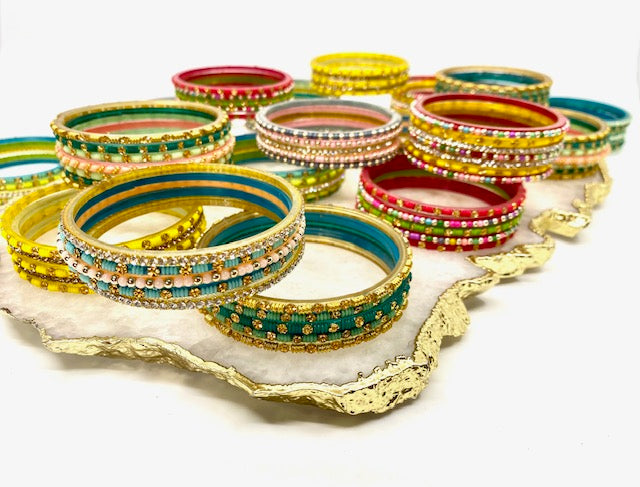

Similar to how anyone calling themselves a hipster isn’t a hipster, anyone who calls themselves a poser isn’t a poser. If admitting to being a poser automatically disqualifies you from being one, the simultaneous act of claiming to be something you’re not makes you a poser all over again.
The only thing better than being a poser is getting caught in the recursive formula that comes with admitting to it and emblazoning it on your ass, thereby reaching stratospheric poser status as your poserness exponentially multiplies, pushing you to the zenith of ambiguity. Because if you’re not who you’re posing as, then really, who the fuck are you?
I don’t think anyone knows the answer to that question. I certainly don’t as a 2nd generation bicoastal ethnically ambiguous Indian American. I was equally confused about Cilene but approached her with an easier, albeit loaded and problematic, question: what are you? Like, where are you really from?
Moving from the vague territory that is to be or not to be a poser, what is it to be or not to be in general? And Cilene, who are you trying to be? She’s from South America but does not formally qualify as Hispanic or Latina. She’s of Indian descent but has no idea where on the subcontinent her ancestors are from. She grew up in America many generations after her ancestors were shipped like nonperishable goods from one continent to another because the British wanted more slaves. She’s a beautifully curious case of is and isn’ts, kind of almosts, and not quites.
It is well documented how American immigrants often face an identity crisis as they find themselves dangling between the collectivist ideals they were raised with at home and the distinctly individualistic American culture they were born into. A quick google search and I’m knee-deep in hits about Asian American (an Orientalist term to begin with) identity politics, the fear of rejection, the desire for belonging, racially motivated bullying, and more. Not being fully integrated into either society, they run the risk of becoming white-washed, yet cannot escape getting pigeonholed by their race by the time they say their name. An inherent desire to belong to something greater than themselves keeps them unfulfilled and caught at the divide of a cultural binary, skirting the boundary and unsure of which side to fully commit to.
I think this is where the notion of being a poser stems from in the first place, that being part of something greater requires wholehearted devotion to that community’s shared identity and practices. Evidently, the posers are the emo goths who don’t read Edgar Allan Poe, the valley girls who don’t actually shop till they drop, the techies who prefer Windows over Apple. Yet the only people firing the insult are those who want to maintain an illusion of exclusivity as if their own behaviors are more in touch with the social construct they choose to classify themselves with. To them, immigrants who can’t seem to “pick a side” are posers as well.
The existence of immigrants in the first place creates a special class of posers whose point isn’t to fully assimilate with one side but rather to unite them—creating entirely new cultures in the process, to pick and choose whatever suits their fancy because identity is malleable and an individuals to define. Cilene’s heritage proves how dynamic and nebulous identity can be. She is able to construct hers from the multiple cultures she identifies with, embrace and reject, reshape and redefine. With such a varied background, she is free to pick and choose the parts of her ethnic heritage and cultural upbringing that suit her lifestyle. Caught in between so much she can belong, by choice, to all yet be exclusive, not by choice, to none.
In my case, I was always a poser. I was never Indian enough because I never actively seek out other Indian friends. I was always too Indian because I watch Bollywood and like Indian food. I was scorned by my parents for not participating in the IndoPak culture club. They could never understand why I was so repulsed by it (it’s just an incestuous mating ground). My Indian friends are few and far between, and I’ve finally stopped feeling bad about it. I’m brown, South Asian, Desi, Asian American, not an Asian American because I’m “actually from a subcontinent that smashed into Asia”, American, Indian, Hindustani, Baysian, I could go on. All these groups present an opportunity and space for me to fully assimilate but where’s the fun in that? I could be one. Instead, I simultaneously opt for all of the above.
Cilene, me, you as well. We’re all posers, but that just makes us a little more real.
























